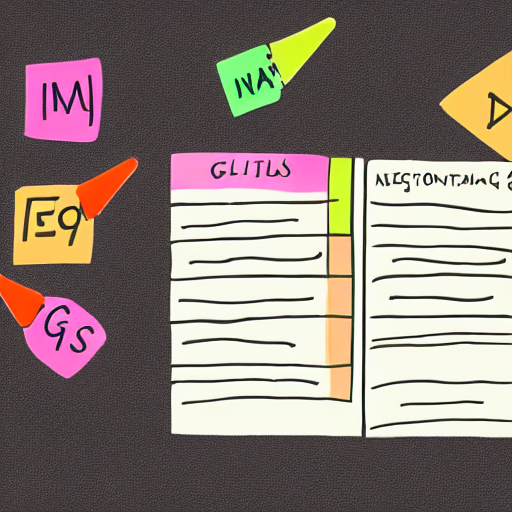So you’ve hit upon the idea of using a notebook or journal as a tool to improve your fitness or wellbeing. Nice.
Unfortunately, when you look online for guidance on where to begin, you’re flooded with ill-advised or superficial ideas about what a health journal ought to be.
This page will try to remedy that.
Setting Your Goals
First of all let’s break down what your diary can do for you into three components:
 Getting to know your mind and body by observing and recording solid facts in a consistent way
Getting to know your mind and body by observing and recording solid facts in a consistent way
 Expressing your health journey creatively, boosting your motivation and coming up with new ideas
Expressing your health journey creatively, boosting your motivation and coming up with new ideas
 Setting goals and planning, remembering and making decisions about which activities to prioritise
Setting goals and planning, remembering and making decisions about which activities to prioritise
A wellbeing diary can perform each of these functions, or all of them.
But before it can do any of that, you need to have some idea of what your overall focus or goals look like.
For instance:
| Get physically stronger or faster | Overcome a habit or addiction | Develop resilient self-esteem or self-trust | Regulate moods and emotions |
| Have More Energy in the Day | Sharpen memory or mental acuity | Feel better when you wake up | Train determination, discipline or fortitude |
| Challenge anxiety or stress | Eliminate creative block | Become capable of a certain athletic feat | Practice musical rhythm or fluidity of movement |
| Be More Present for Experiences | Enjoy your appearance more | Improve balance, flexibility or hand-eye coordination | Gain self-defence skills |
| Fall asleep more easily | Address pain or discomfort | Recover from injury or sickness | Reduce the risk of future medical problems |
You might think - “well I want to do all of that!” and that’s fine.
But which three jump out the most? Which promise joy and spark passion when you think about them?
By focusing on just three, you’ll naturally make progress with many of the others as well. It can also be a nice idea to set a date in the future when you’ll look back and reassess your goals. Perhaps you’ve already exceeded your expectations for a particular goal and now you want to focus on another?
In any case, once you’ve determined your goals you can start to apply the tools of journaling to meet them.
How self-investigation helps you meet your goals
You already know your outputs - these are the goals you just identified! Now we can track them alongside inputs and start seeing patterns emerge.
One of the most powerful applications of this process is for people who suspect they have a cluster of allergies or intolerances, ranging from mild to severe, responsible for a general feeling of fatigue or ill health.
For this person, a journal can be an account of symptoms and subjective observations of wellbeing next to a dietary record, perhaps focussed on the likely culprits identified by tests, the four groups of FODMAPs or common allergens.
Colour-coding can help you spot patterns even if they’re less obvious. For instance, perhaps symptoms start appearing a week after ingesting the offending ingredient? You’re more likely to realise this if you’re strategic and methodical in how you go about your investigation.
Here’s another example.
Let’s say one of your goals is to feel good when you wake up in the morning.
Each day, at roughly the same time and not too long after waking up, you should write down a rating of how you felt that morning. You could divide it into subcategories like “how easy was it to get out of bed” and “how did my head feel” but in any case you should make it quantitative, i.e.: use numbers or unmistakable comparative scales like A, B, C or yes/no.
At the same time, you should record various factors about the preceding day and night that might have an impact on your sleep quality. Start with the usual suspects:
-
How much exercise did I get?
-
How relaxing or stimulating were the last two hours before going to bed?
-
How tired did I feel when I went to bed?
-
Did I enjoy the day? Was it calm or intense? Ordinary or extraordinary?
-
What were the temperature, airflow, noise and light levels of my sleeping environment?
-
What time was the final meal or snack of the day? What did I eat?
-
Did I consume caffeine, alcohol or drugs? How much and at what time?
If your answers to some of these questions are the same every day, you might decide to experiment with a week of different behaviour to see if it changes how you feel in the morning.
In the next issue we’ll explore how to inspire and be inspired by yourself and others through your journaling practice.